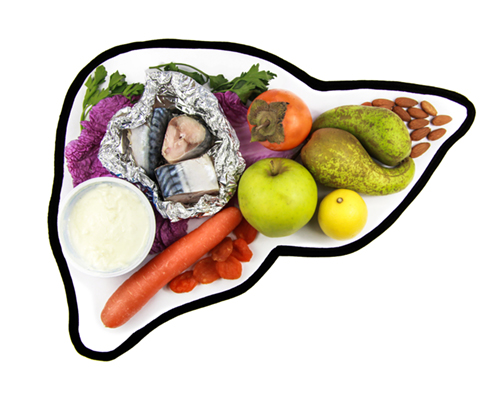How important is diet to someone’s liver?
Food and nutrition has a big impact on your liver, especially over the long term.
The two most common liver conditions in the UK are alcohol-related liver disease and fatty liver. Alcohol-related issues relate to how much people drink and for how long they’ve drank for.
Fatty liver is associated with being overweight, having type 2 diabetes and high cholesterol. If not managed properly, fatty liver can lead to liver failure. There’s probably more awareness now around fatty liver amongst the healthcare community and the public.
How should people approach their health in the New Year?
I encourage my patients to try and use the Christmas period to plan long-term solutions for the New Year, as after Christmas, people tend to have more motivation to make changes to their lifestyle.
Think about the long term solutions to improving your diet and lowering your alcohol consumption and plan to do it gradually.
Health campaigns like Dry January have a useful role to play in that. The real value of Dry January is for people to see how much they do drink.
Some of the apps are quite useful for tracking alcohol consumption as they allow you to see how much you drink and also how much alcohol costs. Cutting down on alcohol also helps you sleep better too.
What are your top tips for a healthy liver?
My top tips are:
- If you drink, drink in moderation and monitor your consumption. You may want to use an app for a month to really see how much you drink – you may be surprised!
- Don’t forget to get regular exercise. Being active is beneficial in so many ways – it’s good for your blood pressure, for good sleep, good for your musculoskeletal system, your mental health and so on. Think about how you can make exercise a key part of your routine, not just in January, but all year round.
- Try and eat a healthy and balanced diet. The thing I would tackle most is the amount of sugar you consume, so be wary of fizzy drinks and sugary cereals.






